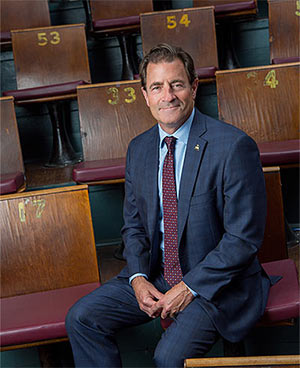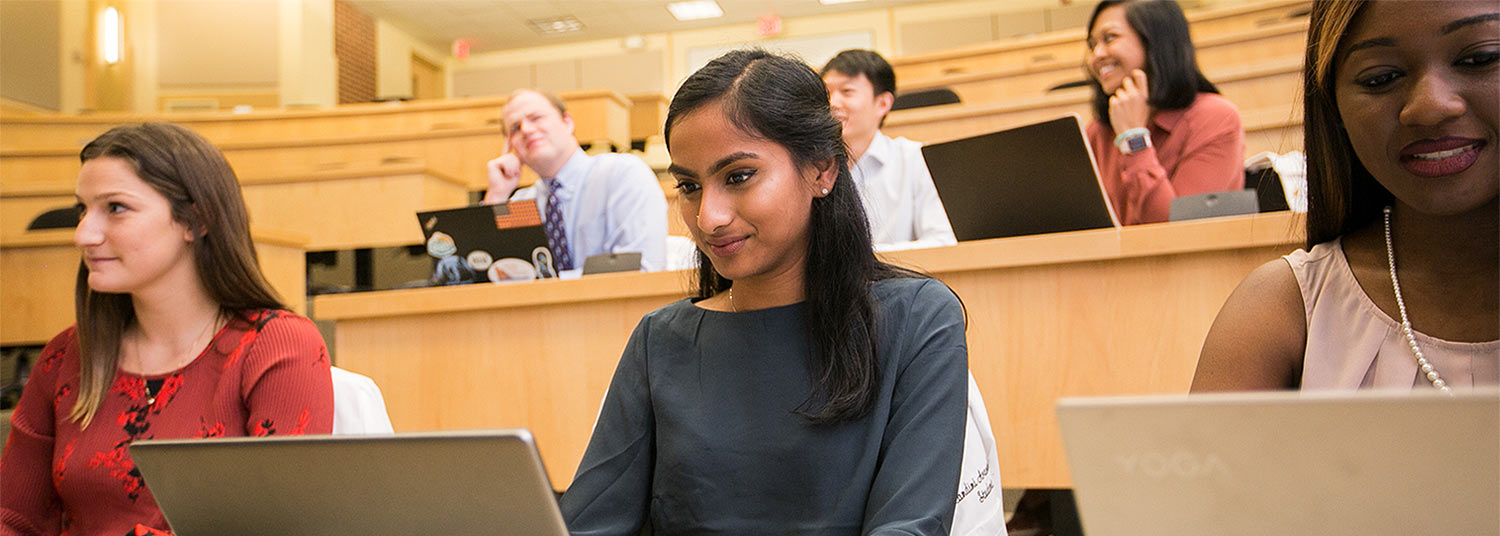 A central passion of Dr. Gladwin's is to train the next generation of physicians and scientists in translational research. He has trained students at all levels and has been very successful at mentoring these trainees to independent careers in academic medicine. His publications include more than 150 with current or past trainees as first author.
A central passion of Dr. Gladwin's is to train the next generation of physicians and scientists in translational research. He has trained students at all levels and has been very successful at mentoring these trainees to independent careers in academic medicine. His publications include more than 150 with current or past trainees as first author.
"I'm beyond ecstatic that Dr. Gladwin will be the new dean of the University of Maryland School of Medicine," said Andrea R. Levine, MD, Assistant Professor at UMSOM who served a pulmonary, allergy, and critical care fellowship at the University of Pittsburgh Medical Center with Dr. Gladwin in 2018.
"Dr. Gladwin was instrumental in recruiting me to Pittsburgh where he personally served as my research, clinical, and professional mentor. He was foundational in my becoming the doctor, physician-scientist, and the person I am today. He taught me how to be a critical care doctor. I cannot wait to see the impact he has on the growth and development of the University of Maryland School of Medicine including the students, trainees, and faculty.

